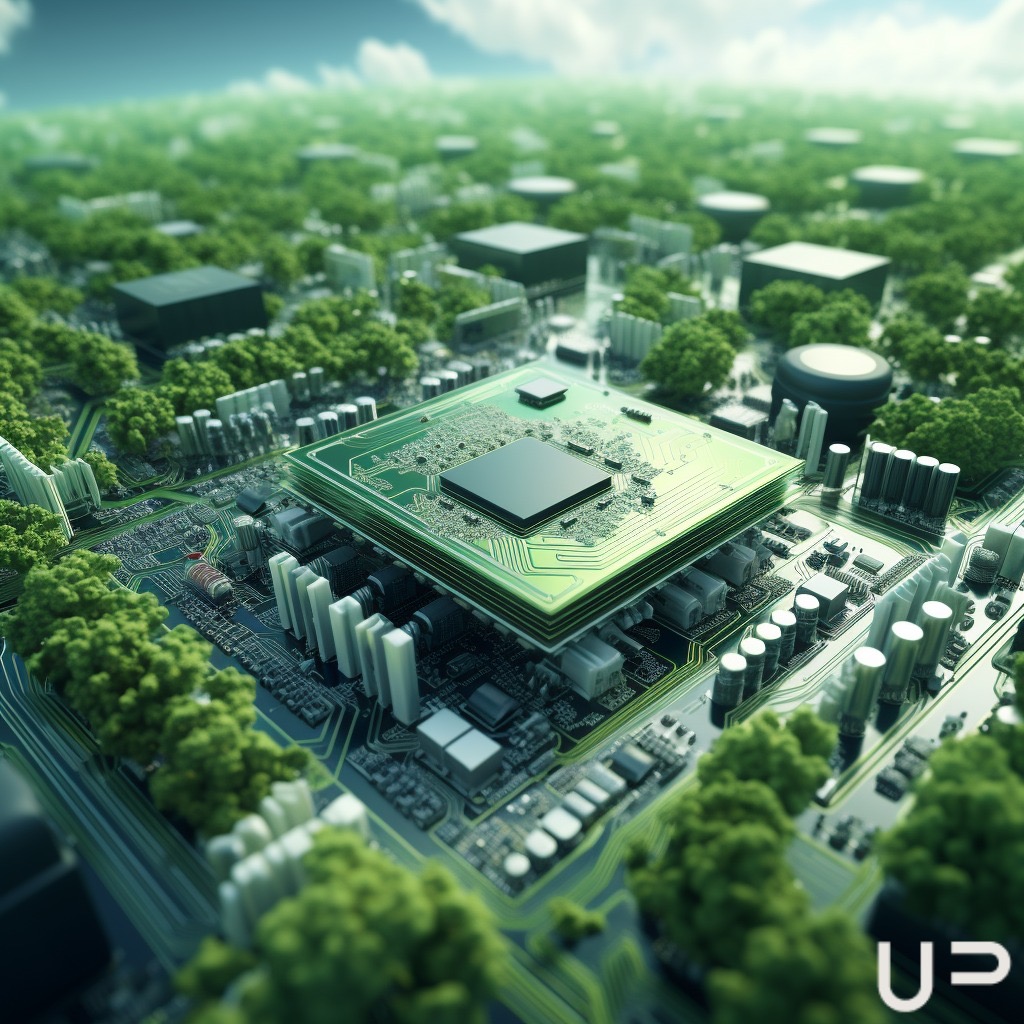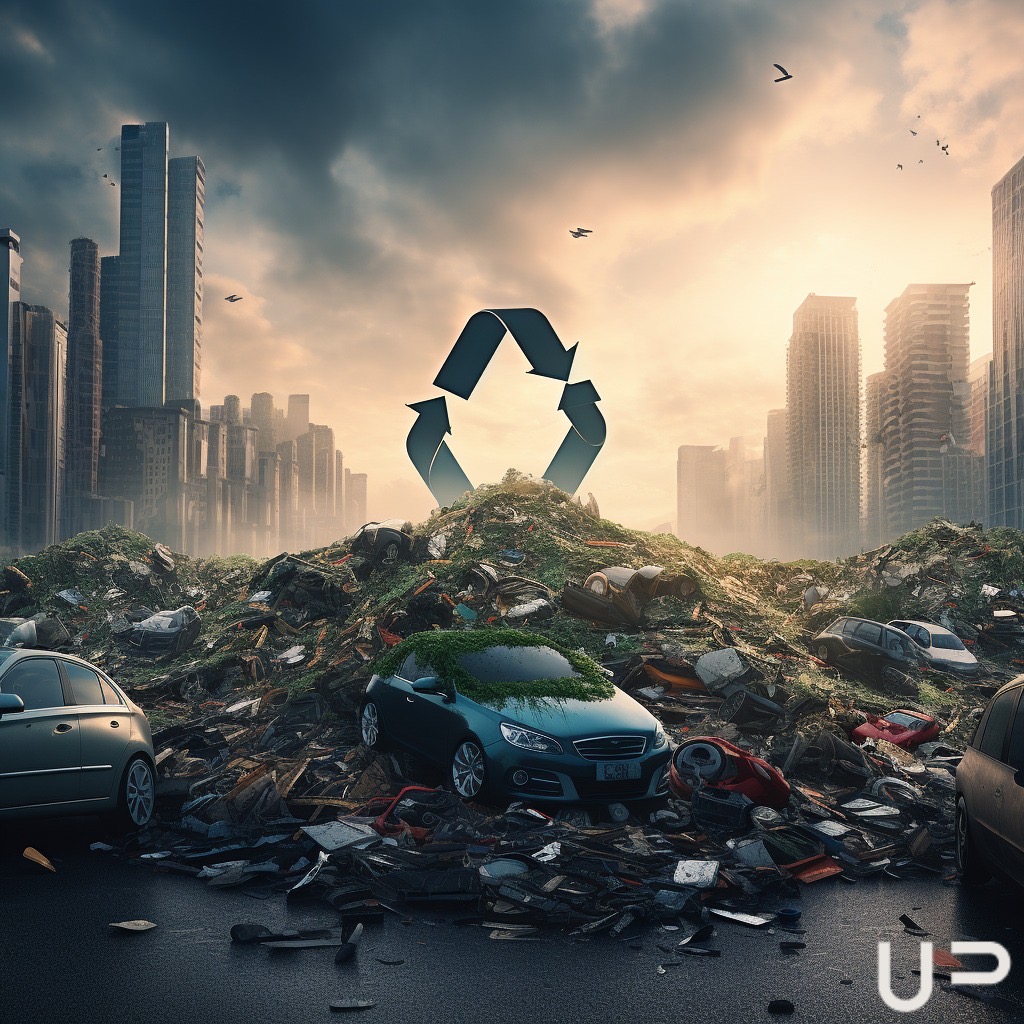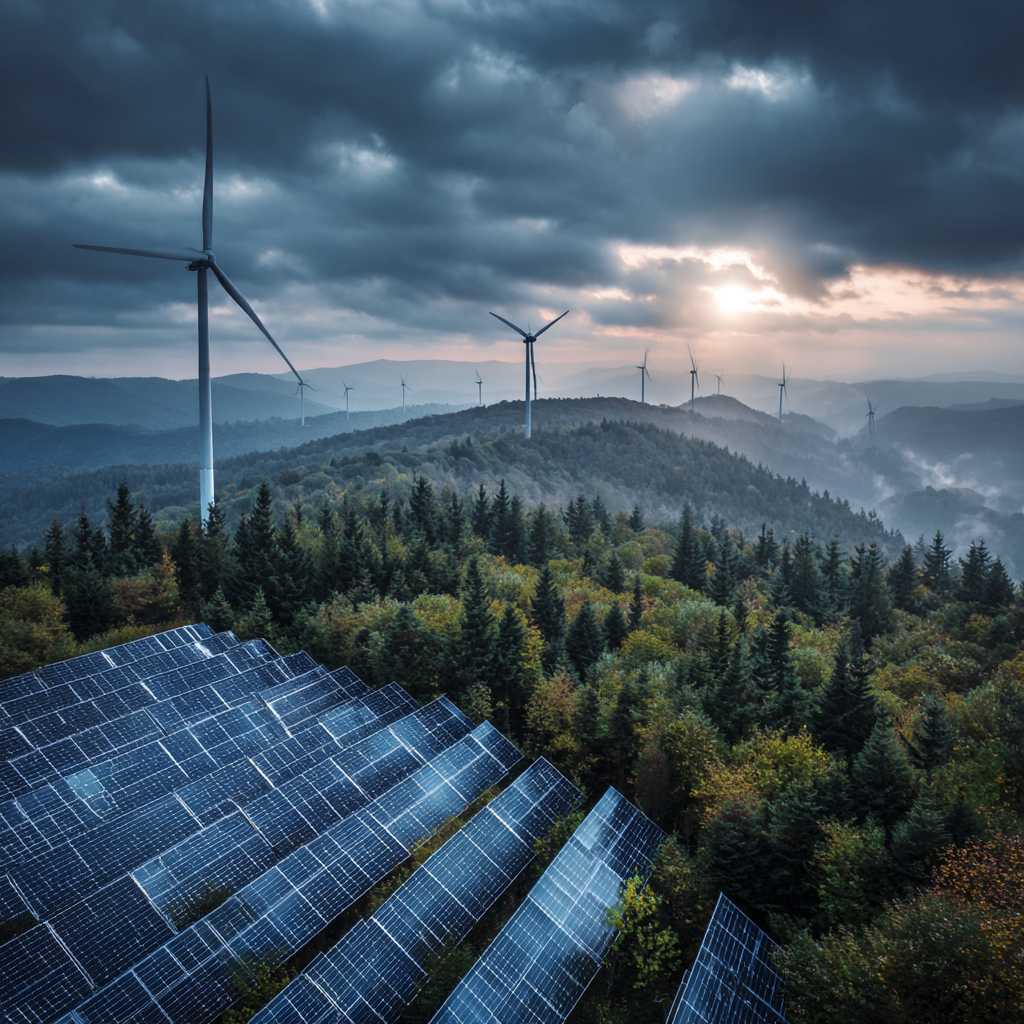Impact of GreenTech on Reducing Urban Heat Islands
Urban heat islands (UHIs) present a significant environmental challenge, exacerbating the heat in densely populated areas and contributing to higher energy consumption. Fortunately, GreenTech innovations are making strides in mitigating these effects, providing cooler, more livable urban environments. This article delves into the transformative impact of GreenTech on reducing UHIs, showcasing solutions that not only cool our cities but also offer a blueprint for sustainable urban living.

Urban heat islands (UHIs) present a significant environmental challenge, exacerbating the heat in densely populated areas and contributing to higher energy consumption. Fortunately, GreenTech innovations are making strides in mitigating these effects, providing cooler, more livable urban environments. This article delves into the transformative impact of GreenTech on reducing UHIs, showcasing solutions that not only cool our cities but also offer a blueprint for sustainable urban living.
- Green Roofs and Walls: These living installations are not just aesthetic enhancements; they play a critical role in absorbing heat and reducing temperatures on building surfaces and surrounding areas. By insulating buildings, they decrease the need for air conditioning, lowering energy use and greenhouse gas emissions.
- Urban Forestry and Green Spaces: Expanding urban greenery through parks, street trees, and community gardens combats UHIs by providing shade and cooling the air through transpiration. These green spaces are vital for urban ecosystems, improving air quality and enhancing residents' well-being.
- Reflective and Cool Roofing Materials: Innovations in roofing materials that reflect more sunlight and absorb less heat are making buildings cooler. These materials, applied to roofs and pavements, can significantly lower indoor temperatures and reduce the urban heat island effect.
- Smart Urban Planning: Integrating GreenTech solutions in city planning can drastically reduce UHIs. This includes designing cities to maximize green spaces and natural airflow, reducing heat absorption, and improving the overall urban climate.
- Advanced Cooling Technologies: GreenTech is also pioneering advanced cooling technologies that are energy-efficient and environmentally friendly. These technologies, including district cooling systems and solar-powered cooling, provide sustainable alternatives to traditional air conditioning.
The challenge of urban heat islands is formidable, but GreenTech offers promising solutions that not only mitigate the effects of UHIs but also contribute to the broader goals of sustainability and environmental preservation. By embracing these innovations, cities can become cooler, more energy-efficient, and healthier places to live, marking a significant step forward in our journey towards sustainable urban development.






